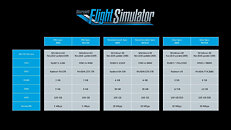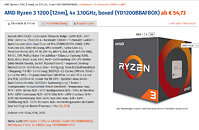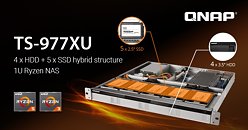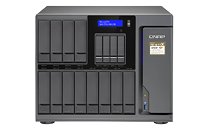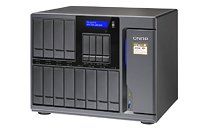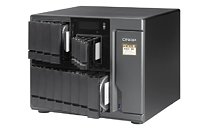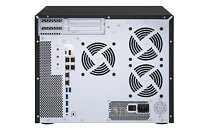Capcom Announces Resident Evil Village PC Requirements
Capcom, the Japanese video game maker, has today announced specification requirements for its upcoming Resident Evil Village PC game, needed to play the game at certain resolutions/graphics presets. Starting with the minimum settings, Capcom is thinking of 1080p 60 FPS gaming. To achieve that you need at least an Intel Core i5-7500 or AMD Ryzen 3 1200 processor paired with 8 GB of RAM. The minimum specification also requires a DirectX 12 capable GPU, with 4 GB of VRAM, just like NVIDIA GeForce GTX 1050 Ti or AMD Radeon RX 560. The company notes that using this configuration, framerate may drop below 60 FPS during heavy loads. If you want to use raytracing, which is now also present in the game engine, you must switch to at least NVIDIA GeForce RTX 2060 or AMD Radeon RX 6700 XT.
The recommended specification of course requires much beefier hardware compared to the minimum specification. If you want to have a steady 1080p 60 FPS experience without frame drops, Capcom recommends an Intel Core i7 8700 or AMD Ryzen 5 3600 processor, paired with 16 GB of RAM, and a GPU like an NVIDIA GeForce GTX 1070 or AMD Radeon RX 5700. However, if you want the raytracing feature you need a better GPU. To achieve a 4K resolution with 60 FPS and raytracing turned on, the GPU needs a bump to at least an NVIDIA GeForce RTX 3070 or AMD Radeon RX 6900 XT graphics card. You can check out the game requirements in greater detail below.
The recommended specification of course requires much beefier hardware compared to the minimum specification. If you want to have a steady 1080p 60 FPS experience without frame drops, Capcom recommends an Intel Core i7 8700 or AMD Ryzen 5 3600 processor, paired with 16 GB of RAM, and a GPU like an NVIDIA GeForce GTX 1070 or AMD Radeon RX 5700. However, if you want the raytracing feature you need a better GPU. To achieve a 4K resolution with 60 FPS and raytracing turned on, the GPU needs a bump to at least an NVIDIA GeForce RTX 3070 or AMD Radeon RX 6900 XT graphics card. You can check out the game requirements in greater detail below.




